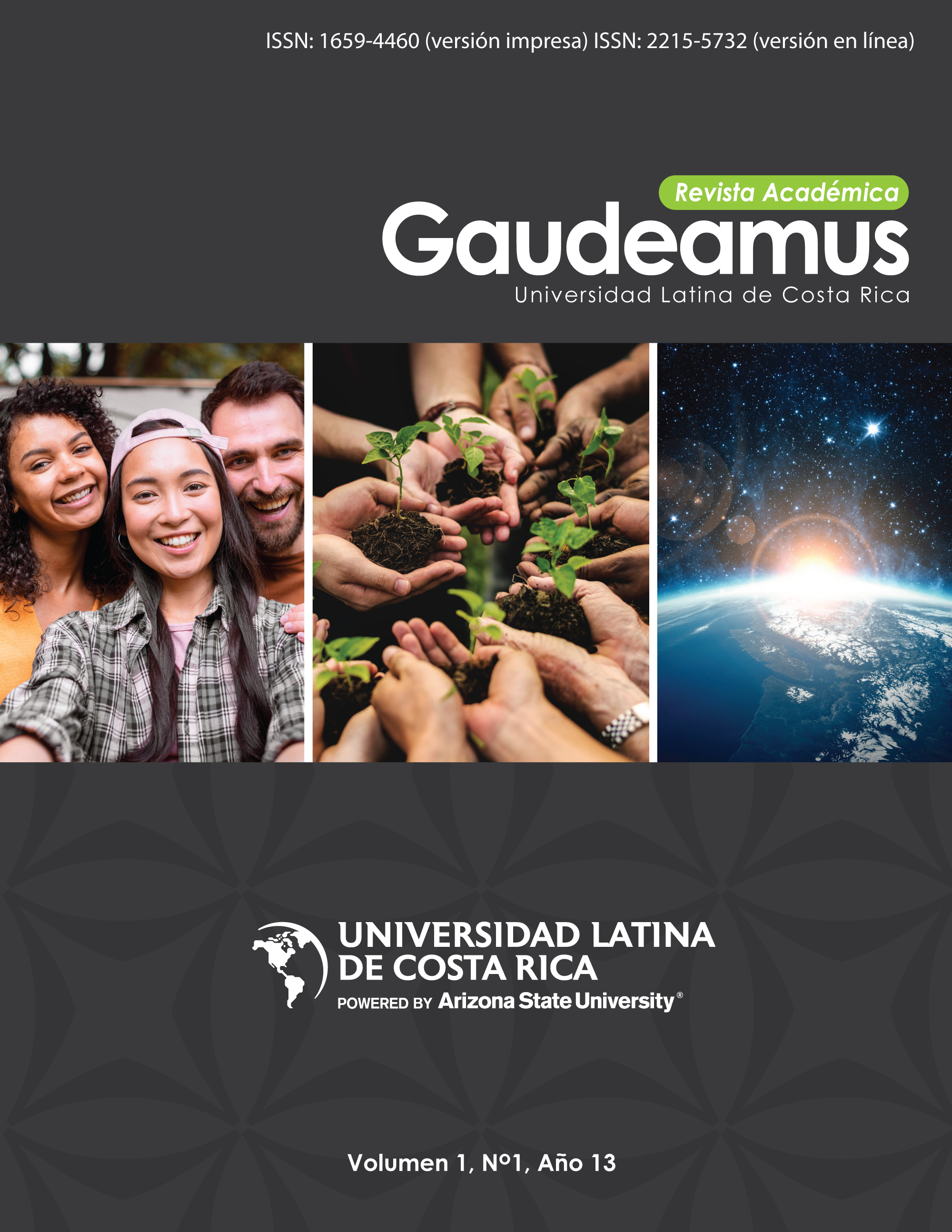What We Have and What We Lack: Female Genital Mutilation on the Path to Its Eradication by 2030
Abstract
Female Genital Mutilation (FGM) is an endemic practice in various latitudes of the world that violates the sexual and reproductive rights, as well as the human rights of millions of women in the world under the excuse of culture or tradition. It was eleven years ago when the United Nations Organization designated February 6 as the International Day of Zero Tolerance for Female Genital Mutilation, setting the goal of eradicating it by 2030, however, a few years from that objective, more than 4.3 million girls are at risk of undergoing this procedure each year. The COVID-19 pandemic, the increase in poverty and inequality, the problems in education in addition to the deficient efforts of the government and the international community are some of the factors that affect this practice and that are analyzed throughout this writing.







